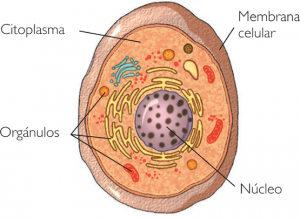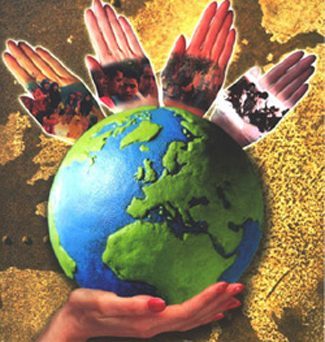 If a person is easily scandalized and manifests an exaggerated and very strict sense of morality, it is very possible that he is considered a prude. It is an adjective that is used in a derogatory sense, since it is considered that excessive moral rectitude cannot be sincere but is due to a feigned and hypocritical attitude.
If a person is easily scandalized and manifests an exaggerated and very strict sense of morality, it is very possible that he is considered a prude. It is an adjective that is used in a derogatory sense, since it is considered that excessive moral rectitude cannot be sincere but is due to a feigned and hypocritical attitude.
To refer to the prude or the prudish we can use other synonyms, such as sanctimonious, blessed, hypocritical or puritan.
The prudish woman in traditional culture
Although this adjective is applicable to both men and women, it is more common to use it in relation to women, since the prudish attitude has been associated with the image of the traditional woman, that is, a modest, submissive woman who preserves her virginity and adopting a false humility.
It could be said that the woman decides to be prudish for convenience and in order to achieve some purpose (to conquer a man, to demonstrate to others her purity and chastity, or to communicate an image of a certain docility). At present, these types of attitudes have ceased to make sense in most social contexts, since men and women share the same values and are on an equal footing.
Prudence in women has been conditioned by several aspects
1) deeply rooted religious beliefs,
2) a clear distinction between male and female social roles and
3) machismo and patriarchy as mental schemes.
The combination of these elements has created the profile of the prudish woman.
The origin of the word and its relationship with the character of cats
Formerly in Spain the cat was popularly called mojo. Consequently, saying that someone is a prude was like calling them a cat twice. If we take into account the personality of the cat, the meaning of this pun makes a lot of sense. The cat is a docile, delicate and submissive animal, although it can be treacherous and attack in unexpected ways. You could say that the cat seems very good at first glance and, in this sense, its behavior is comparable to that of prudes.
The similarity between prudery and the character of cats allows us to remember that animals are a source of inspiration and many phrases refer to them (crocodile tears, being a dog, being a pig, being the black sheep, having monkeys in face, be a dizzy duck or eat like a bird).
Photo: Fotolia - lalalululala









